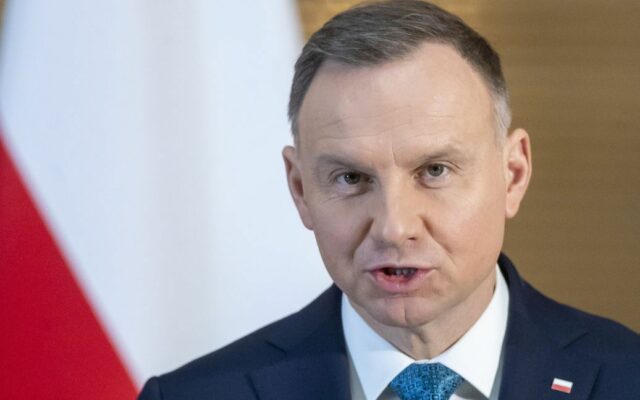Poland’s Comprehensive Reforms to Aid Ukrainian Refugees
Poland has taken significant steps to enhance the support offered to Ukrainian refugees fleeing conflict by introducing important amendments to its temporary protection legislation. With President Andrzej Duda’s approval, these changes are designed not only to provide immediate assistance but also to promote long-term integration into Polish society.
Extended Residency and Commitment to Support
In a powerful demonstration of solidarity, Poland has extended the residency period for Ukrainian refugees until September 30, 2025. This new date represents a significant shift from the previous deadline of June 30, 2024. It underscores Poland’s ongoing dedication to supporting those impacted by war—offering them stability in such uncertain times. For instance, imagine a single mother with two children who fled their homeland; this extension provides her family with security and hope as they build their lives anew.
Encouraging Educational Integration
One of the standout changes in the legislation pertains to educational support for Ukrainian children. To qualify for financial assistance, families will now need to enroll their children in Polish schools or kindergartens, which highlights the critical role of education in the integration process. This approach not only helps children learn the language but also fosters cultural exchange among Polish and Ukrainian students.
For example, in Warsaw, local schools have already witnessed a surge in Ukrainian students enrolling, leading to collaborative projects that promote understanding and friendship. Schools becoming melting pots of cultures can help create a more inclusive society—something that benefits everyone.
Facilitating Language Acquisition
Another important aspect of the reforms is the introduction of a maximum 36-month period during which Ukrainian refugees can access free Polish language classes. Proficiency in the local language is key to finding jobs, making friends, and feeling at home in a new country. Research suggests that language barriers are one of the main challenges refugees face, often hindering their ability to integrate effectively. By prioritizing language education, Poland is paving the way for a smoother transition.
Moreover, the legislation now sets up new identification verification processes for Ukrainian nationals seeking a PESEL number, which is crucial for accessing vital services in Poland, such as healthcare and employment opportunities.
Streamlining Financial Support
Starting from July 1, the means-tested financial support, which covers housing and food for Ukrainian refugees, will streamline through contracts with local authorities. By focusing on direct support for refugees, rather than offering subsidies to Polish citizens hosting them, Poland aims to ensure that resources are allocated efficiently—targeting those who need it most.
This decision reflects a broader trend observed in other countries, where direct assistance often results in faster and more effective support for individuals in crisis situations. Countries like Germany and Sweden have implemented similar frameworks, guiding refugees toward independence and stability.
Conclusion: A Heartfelt Commitment
These legislative changes illustrate Poland’s commitment to adapting its support mechanisms to the evolving circumstances faced by Ukrainian refugees. By emphasizing education, language acquisition, and streamlined financial assistance, Poland is not just offering refuge; it is laying the groundwork for a brighter future for those affected by war.
In a world where compassion can sometimes feel in short supply, Poland’s proactive measures serve as a beacon of hope. For Ukrainians embarking on this challenging journey, the reassurance of community support and understanding is invaluable. As we witness these developments unfold, let us remember that the bonds forged in times of hardship can lead to a stronger, more united society.





